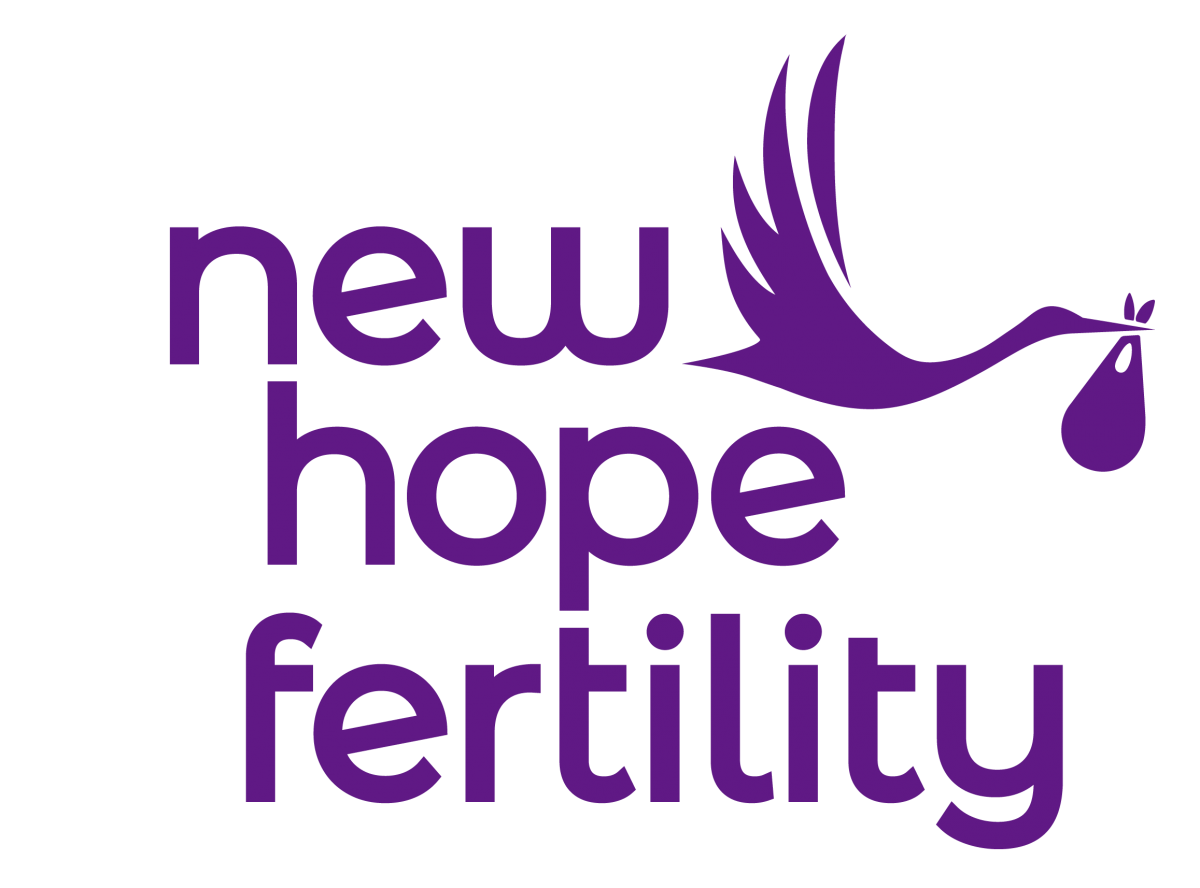For couples struggling to conceive, it’s quite natural to wonder: How common is infertility? The simple answer: fairly common! Nearly 15% of couples will experience some trouble either conceiving or carrying a baby to term. And despite common misconceptions, infertility is not exclusively a female issue, either—1/3 of fertility cases stem from what’s called male factor infertility.
Below we’ll take a look at some of the most common causes of infertility, for both males and females, and what to expect when meeting with a fertility specialist.
A Common Misconception About Infertility
Infertility is often misperceived as a female-only issue, but as the National Institute of Health has noted, the problem is actually more evenly distributed between the two sexes. For a third of couples experiencing infertility, the issue can be traced to male factor infertility; another third of those cases are due to female infertility issues. For the final third, however, the problem can’t be attributed to a single partner and may include multiple conditions experienced by both partners.
The risk factors that affect fertility for both sexes include:
- Age (over 40 for males, over 35 for females)
- Excessive alcohol or substance abuse issues
- Diabetes and weight Issues
- Eating disorders
- Radiation therapy/cancer treatment
- Exposure to environmental toxins
- Sexually transmitted infections (STIs)
- Over-exercising
- Smoking
- Stress
Causes of Male Infertility
Male factor infertility occurs in roughly 9% of reproductive-age men in the U.S. In many cases, infertility in men is caused by the testicles not working properly, although other factors can come into play, too, such as premature ejaculation or penile structure issues that prevent the sperm from being effectively delivered.
The most common reasons for male infertility are:
- Varicoceles, an enlargement of the veins within the loose bag of skin holding the scrotum
- Trauma to the testes
- Hormonal disorders
- Genetics – family history of fertility issues or diseases such as cystic fibrosis
Less common causes of infertility for males include:
- Medication use
- Hypogonadism
- Lifestyle choices, including anabolic steroid use
- High heat exposure from tight clothing or frequent use of hot tubs and saunas
- Undescended testicles
Causes of Female Infertility
Nearly 13% of reproductive-age women are infertile, and many more experience difficulties in getting pregnant or carrying a pregnancy to term. Age is often the biggest factor affecting women. A third of women aged 35 or over encounter fertility issues when trying to become pregnant.
Other common causes of female infertility include:
- Poor development of the uterine lining
- Egg issues – quality, time of release, implantation difficulties
- Ovulation disorders like polycystic ovary syndrome (PCOS)
- Fallopian tube blockage
- Pituitary gland disorders such as Cushing’s syndrome
- Past ectopic pregnancy
- Endometriosis
- Pelvic scar tissue
- Uterine fibroids
- Severe psychological distress
- Celiac disease
Finding the Right Fertility Specialist
Once you’re past wondering, how common is infertility, your next question will likely be, where can I get a fertility test done? You’ll want to seek out an experienced healthcare provider that specializes in fertility.
At New Hope Fertility, our doctors are often able to give an official diagnosis after a physical exam and gender-specific tests. For female patients, that includes a vaginal ultrasound and Hysterosalpingogram (HSG), which is a process that allows x-ray imaging to be taken of the uterus and fallopian tubes.
Males, meanwhile, will be asked to provide a sperm sample in order to have a Semen Analysis performed. The test measures factors such as the quantity, shape, size, and movement of the sperm.
Additional Services: Egg Freezing and Infertility Counseling
In addition to fertility tests, the experienced doctors at New Hope Fertility offer a variety of other services. Because age is such a big factor when it comes to fertility, having an egg retrieved and frozen when it’s at its most viable allows a woman to avoid the pressure of starting a family too early for the sole purpose of avoiding later fertility problems.
New Hope also understands how emotionally draining and stressful dealing with pregnancy complications can be, which is why we offer extensive fertility counseling services to those looking for support every step of the way.
Reach out today to contact a New Hope fertility specialist for more information regarding an analysis, assessment, counseling, and more!
Why New Hope?
New Hope Fertility Center is home to world-renowned fertility specialists. We custom-design fertility treatments for the individual to increase the chances of a successful pregnancy. Our specialists believe in putting the patient first and being with them through every step of the fertility journey. Our team is well-versed in helping women of all ages reach their fertility goals and we are passionate about educating, and supporting our patients throughout their journey. If you want compassionate fertility care, New Hope is the right place for you. Call us at (347) 970-8479 or schedule your initial consultation today!

